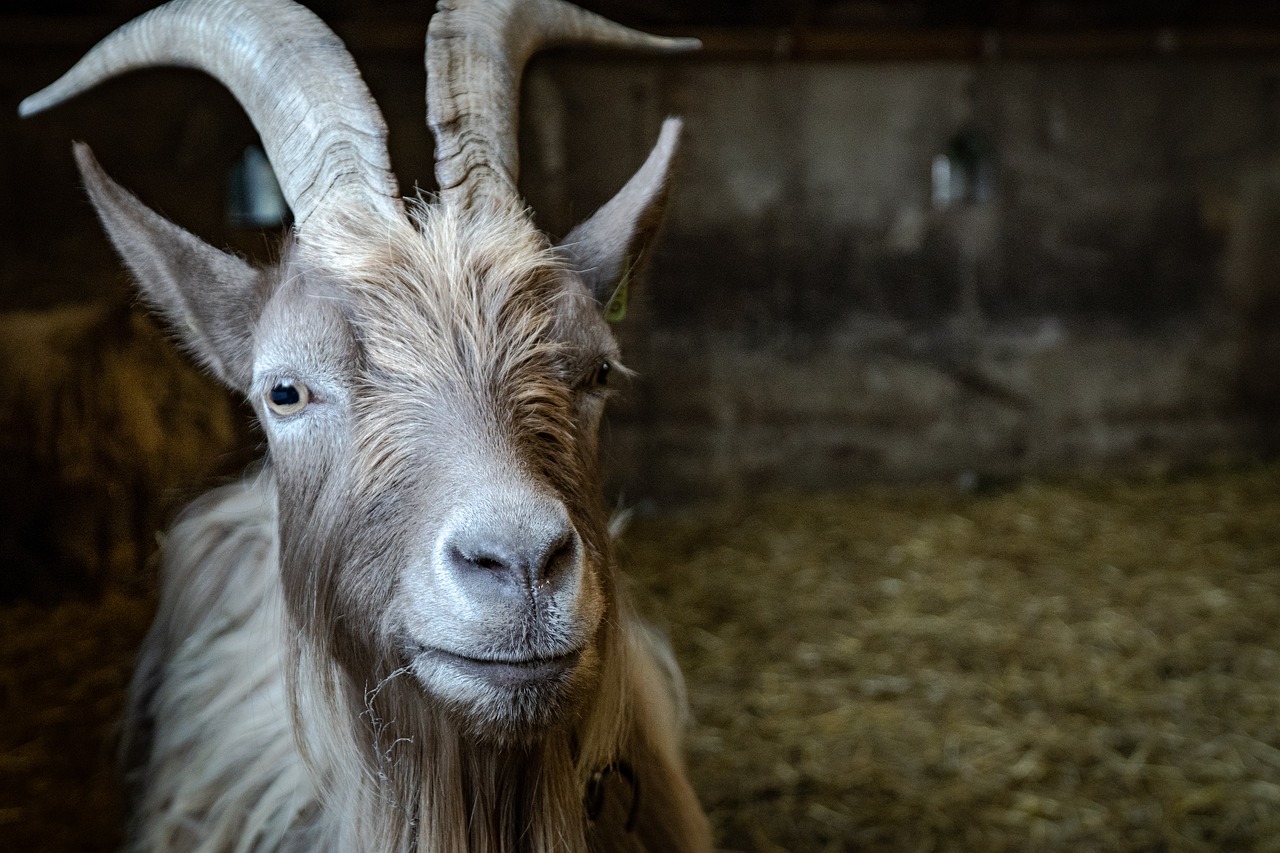Analyzing the Role of Government Policies in Meat Processing Regulation: 99exch.com login, Laser247 com, Yolo 24/7 login
99exch.com login, laser247 com, yolo 24/7 login: Analyzing the Role of Government Policies in Meat Processing Regulation
Government policies play a crucial role in regulating the meat processing industry. From ensuring food safety to promoting animal welfare, these regulations are vital in protecting the interests of consumers, workers, and animals. In this article, we will delve into the various aspects of government policies in meat processing regulation and how they impact the industry.
The Importance of Meat Processing Regulation
Meat processing regulation is essential for ensuring food safety and quality. Without proper regulations in place, there is a risk of contamination, foodborne illnesses, and other health hazards. By establishing standards for hygiene, sanitation, and processing methods, government policies help to mitigate these risks and protect public health.
Additionally, meat processing regulations also play a role in promoting animal welfare. By setting standards for the treatment of animals in slaughterhouses and processing facilities, governments aim to ensure that animals are handled humanely and with respect. This not only aligns with ethical considerations but also contributes to the overall quality of the meat produced.
Government policies in meat processing regulation also help to level the playing field for businesses in the industry. By establishing clear guidelines and standards, regulations prevent unfair practices and ensure that all businesses operate on a level playing field. This fosters healthy competition and encourages innovation and improvement in the industry.
Overall, government policies in meat processing regulation are essential for safeguarding public health, promoting animal welfare, and ensuring fair competition in the industry.
Key Areas of Government Regulation in Meat Processing
1. Food Safety Standards: Government regulations set standards for food safety in meat processing facilities. These standards cover aspects such as hygiene, sanitation, temperature control, and handling practices to ensure that the meat produced is safe for consumption.
2. Labeling Requirements: Government policies also mandate labeling requirements for meat products. These requirements include providing accurate information on the origin of the meat, ingredients used, and nutritional content to enable consumers to make informed choices.
3. Inspection and Enforcement: Government agencies conduct regular inspections of meat processing facilities to ensure compliance with regulations. Violations are met with enforcement actions, such as fines, shutdowns, or even criminal charges, to maintain industry standards.
4. Animal Welfare Regulations: Governments establish regulations for the humane treatment of animals in slaughterhouses and processing facilities. These regulations cover aspects such as transportation, handling, and stunning methods to ensure that animals are treated with respect and care.
5. Environmental Impact: Government policies also address the environmental impact of meat processing activities. Regulations aim to minimize pollution, waste, and resource consumption in the industry to promote sustainability and protect the environment.
6. Worker Safety and Rights: Government regulations protect the safety and rights of workers in meat processing facilities. These regulations cover aspects such as workplace safety, fair wages, and labor rights to ensure a healthy and equitable working environment.
Impact of Government Policies on the Meat Processing Industry
Government policies in meat processing regulation have a significant impact on the industry. While these regulations are essential for safeguarding public health, promoting animal welfare, and ensuring fair competition, they also impose costs and challenges on businesses.
Compliance with government regulations requires investment in infrastructure, training, and monitoring to meet industry standards. This can be costly for businesses, especially small and medium-sized enterprises, and may impact their competitiveness in the market.
Additionally, regulations can also be burdensome in terms of administrative requirements and paperwork. Businesses need to allocate resources for compliance, which can divert attention from other aspects of their operations.
However, government policies also play a crucial role in shaping consumer perceptions and preferences. By establishing standards for food safety, animal welfare, and environmental impact, regulations influence consumer trust and confidence in the industry. Consumers are more likely to choose products that meet regulatory standards, leading to a shift towards higher quality and sustainable meat products.
FAQs
Q: How do government regulations ensure food safety in meat processing?
A: Government regulations set standards for hygiene, sanitation, temperature control, and handling practices to ensure that meat products are safe for consumption.
Q: What are the labeling requirements for meat products?
A: Labeling requirements include providing accurate information on the origin of the meat, ingredients used, and nutritional content to enable consumers to make informed choices.
Q: How do government regulations address animal welfare in meat processing?
A: Regulations cover aspects such as transportation, handling, and stunning methods to ensure that animals are treated with respect and care in slaughterhouses and processing facilities.
In conclusion, government policies in meat processing regulation are essential for ensuring food safety, promoting animal welfare, and fostering fair competition in the industry. While these regulations impose costs and challenges on businesses, they also play a crucial role in shaping consumer preferences and industry practices. By balancing these factors, government policies contribute to a healthier, ethical, and sustainable meat processing industry.







